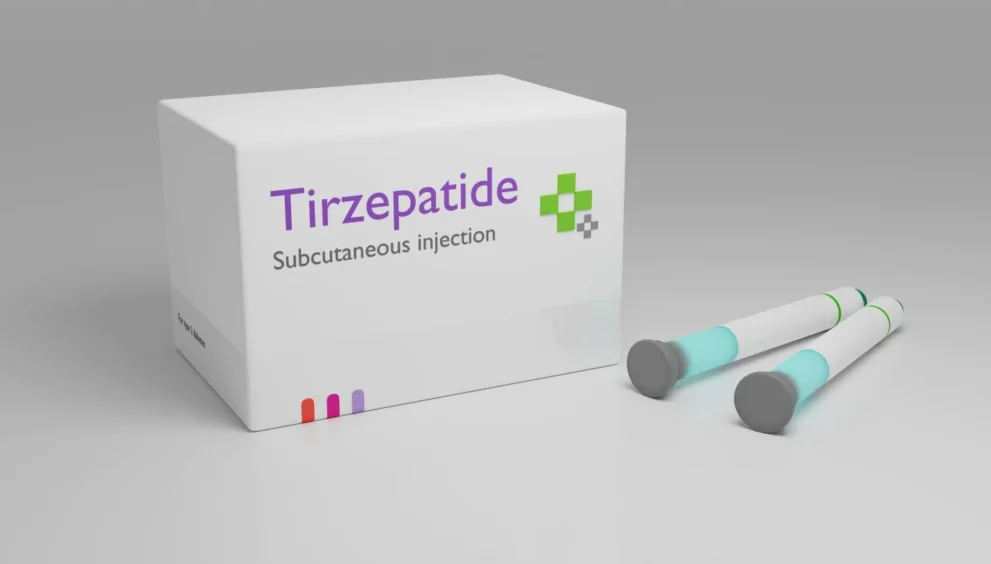Fact-check: Tirzepatide aids weight loss, helps manage diabetes
Author
Author
- admin / 2 years

- 0
- 2 min read

Author
The drug suppresses appetite, while simultaneously slowing down digestion, so that individuals feel full for longer durations.
The Indian media has been abuzz with news about US pharma giant Eli Lilly’s weight-loss drug, Tirzepatide, that could be a game-changer in managing diabetes. “But is the drug safe?” enquired a First Check reader. As per the data available currently, the answer is ‘yes’.
Researchers find the drug’s efficacy significant and safety high. As a weight-loss drug, it significantly reduces BMI, waist circumference and body weight. Earlier this year, the government-appointed expert panel advised the Central Drugs Standard Control Organization (CDSCO), Indian drug regulator, to approve the import and marketing of Tirzepatide, provided the manufacturer conducts a phase IV clinical trial (post-marketing surveillance) and submits the protocol to CDSCO.
Here’s what we already know: Tirzepatide is the generic name for a prescription drug – Monjouro and Zepbound are brand names – for treating type 2 Diabetes Mellitus and obesity. Like Semaglutide, another popular weight loss drug that has been in the news recently, it belongs to the glucagon-like peptide 1 (GLP-1) class of drugs.
Tirzepatide has a dual mode of action – it suppresses appetite, while simultaneously slowing down digestion, so that individuals feel full for longer durations. Its appetite-suppressing prowess is exhibited in its GLP 1 biochemical properties, whereas gastric inhibitory polypeptide (GIP), a gut hormone, helps suppress emptying of the stomach.
Tirzepatide is administered as a subcutaneous (under the skin) injectable, typically once a week. Studies show that the drug carries significant potential to induce weight loss in patients that are overweight and obese. It can also help improve glycemic control in patients with type 2 diabetes.
In terms of side-effects, gastrointestinal adverse reactions, such as nausea, constipation, decreased appetite, dyspepsia, diarrhoea, and vomiting, may be expected. The drug could also aggravate pre-existing kidney concerns and in some cases, induce tumours in the thyroid, including thyroid cancer.
As with any prescription drug, it’s important to consult with your doctor before taking the medication. Ask the right questions and make an informed choice.
Read More : 5:2 intermittent fasting effective for managing early type 2 diabetes: Study









